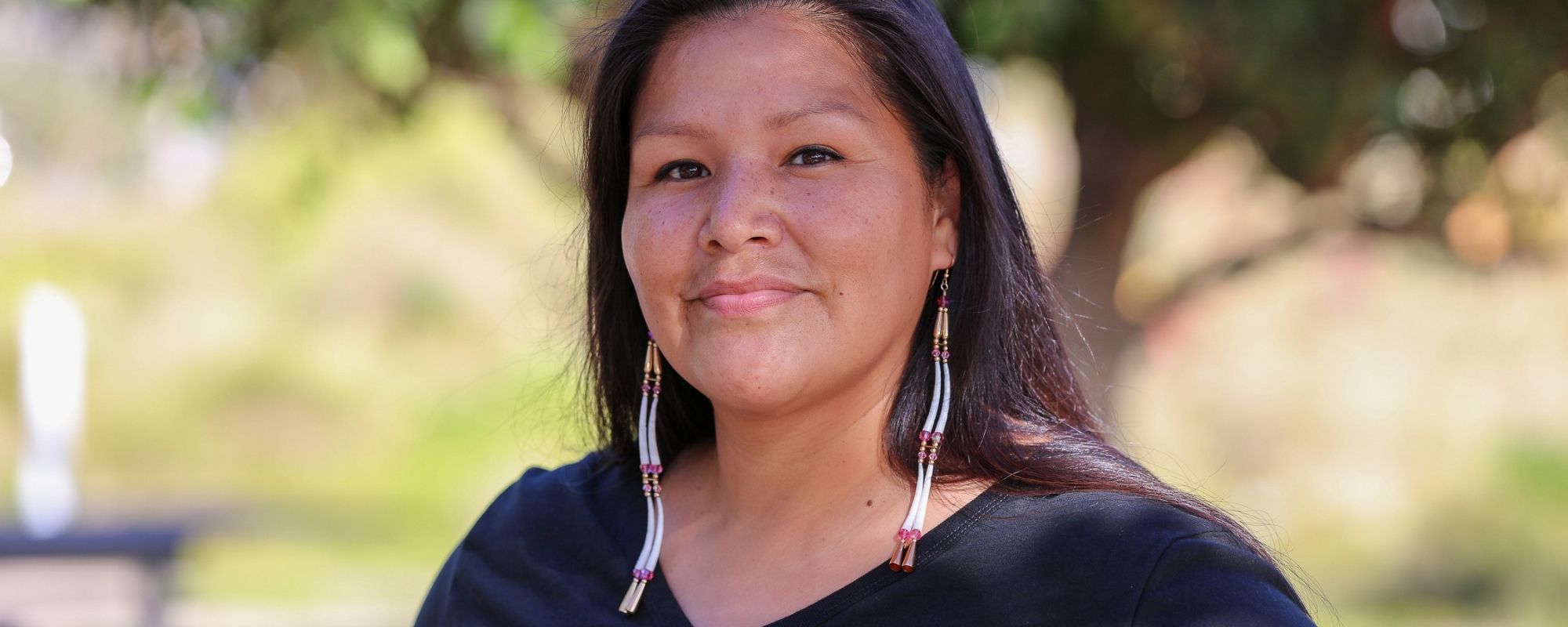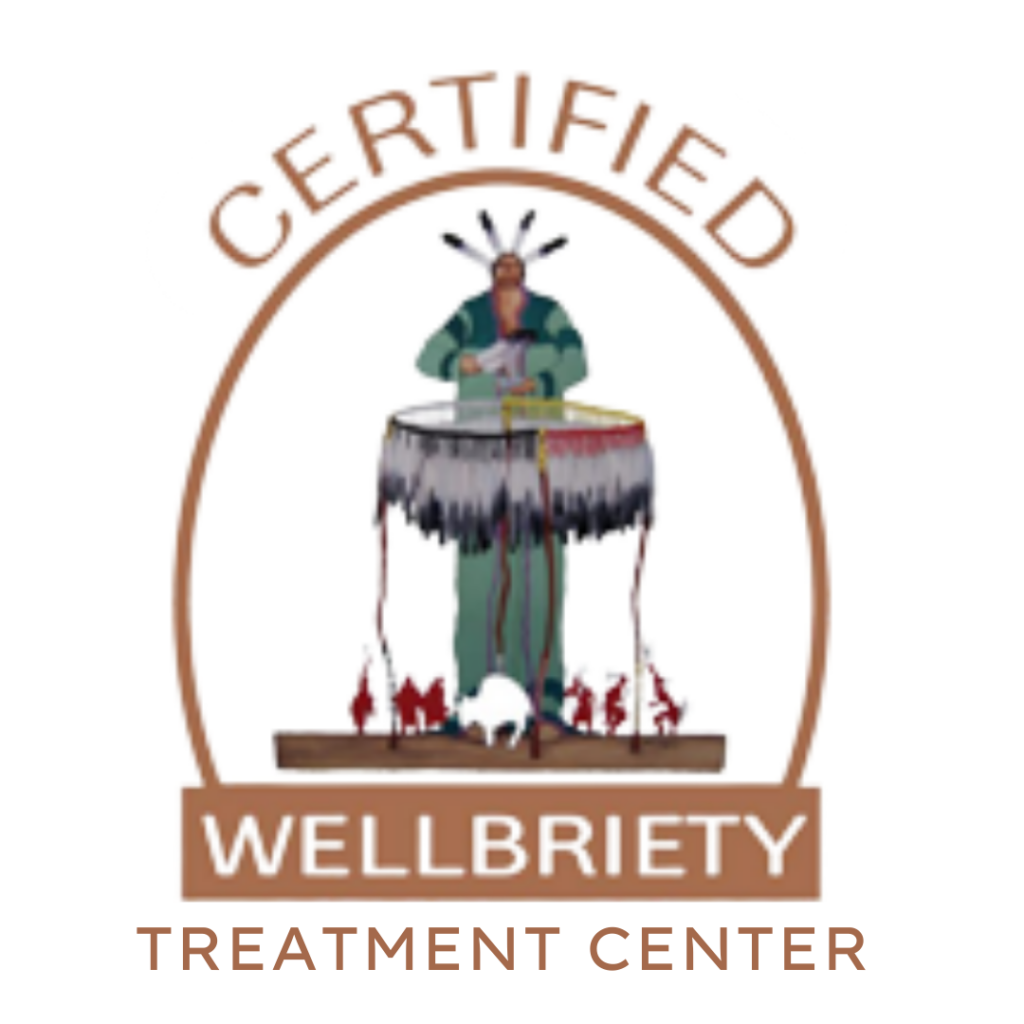Setting boundaries, especially in early recovery, is an essential (yet difficult), part of recovery. Early recovery can be a good time to start over with a blank slate, making it the ideal opportunity to establish boundaries. In active addiction, boundaries are often blurred or nonexistent, which is not conducive to healthy relationships. Manipulation, distrust, and codependency are often the result of these kinds of unhealthy relationships.
It’s important to set boundaries in all of your relationships, but there may be certain relationships— such as with a family member or partner— where well-defined boundaries are particularly important. Not putting the right emotional safeguards in place can compromise not only your relationships, but also your mental health and sobriety.
What are healthy boundaries?
- Encouraging the sharing of feelings and thoughts
- Staying true to yourself and your values even when others disagree
- Respecting others and their opinions
- Taking responsibility for your actions
What are unhealthy boundaries?
- Putting your feelings and thoughts on others
- Compromising your values to please or placate someone else
- Letting someone else define your opinions and actions
- Not taking responsibility for your actions or taking responsibility for someone else’s feelings
How do you create healthy boundaries?
Determine your personal values. What are your core beliefs? What do you feel and how do you want to be treated? Come to terms with the idea that you deserve to be respected and treated fairly and that your mental and physical health are a priority.
Tell other people. Let others in your life know that boundaries need to be set and let them know how you are going to set them. Clearly lay out for them what your intentions for the relationship are going forward and what is acceptable and what is not. It’s important that others are aware of your boundaries so they don’t overstep and so that you can remind them when boundaries are crossed.
Don’t apologize. Don’t feel guilty for setting boundaries, and don’t apologize for telling someone that you need to set them. Be confident in what you are asking for so you can get the respect you deserve. Feelings and thoughts of guilt will work to dismantle the boundary you are trying to set, you have a right to set boundaries in your relationships.
Cut out unhealthy/toxic relationships. Sometimes, it’s just better to end a relationship, rather than try to repair it by setting boundaries. This can be difficult to do, but it might be the best thing for your recovery. People who don’t support your sobriety or who act as any kind of trigger that may lead you back into substance use are not people you need in your life. Only you know what’s good for you, and if you’ve determined that it’s better to limit communication with someone, or to cut off contact entirely, follow through on that determination.
Setting Boundaries in Recovery
Setting boundaries in recovery is just one important part of maintaining sobriety and building and re-building healthy relationships. It may not be easy to do this, but it’s essential to creating a new life free of substances. When you put the right boundaries in place and follow through on the limits that you’ve set for yourself and others, you are making a conscious and healthy decision that will benefit you, your sobriety, and the people in your life.
If you or a loved one has a substance use disorder, please reach out to us for support and to learn more about your treatment options. Royal Life Centers at the Haven understands addiction and the unique set of circumstances that come with it. We are a full-service drug and alcohol medical detox facility treating dependence on opioids, cocaine, benzodiazepines, methamphetamine, and alcohol. Please contact us today at (877)-RECOVERY to begin your recovery journey.
























